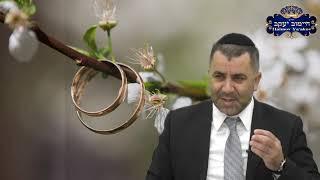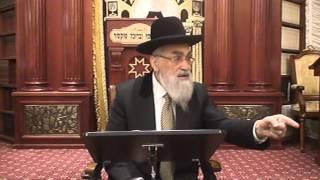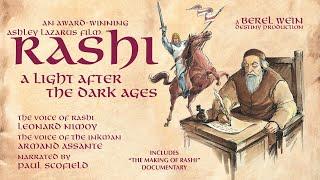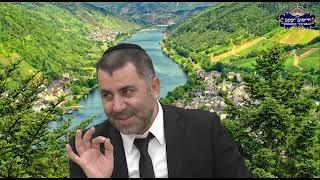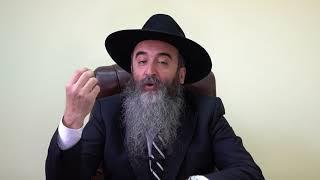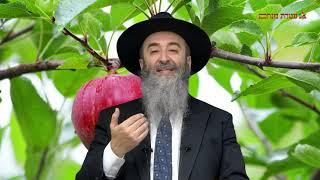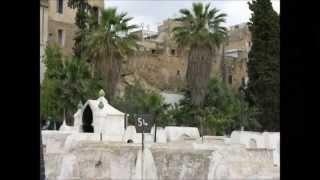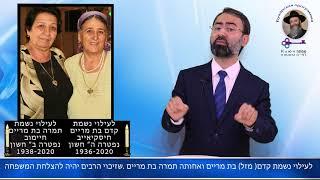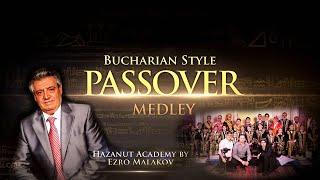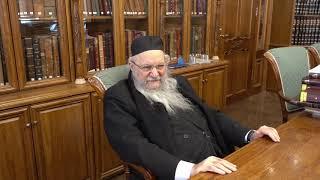Problems playing the video? Click Here to reload
Watch Videos: Random | New | Popular
All Essays | Report Video
|
Share Video
- Buy Us a Coffee -
“And Yisroel came close to the day of his death, and he called to his son, to Yosef, and he said, "If I have found favor in your eyes, do to me a chessed and truth, please do not bury me in Mitzrayim.” — Bereishis 47:29
Rabbeinu Tam explains that Yaakov Avinu didn't want to be buried in Mitzrayim because this would prevent HASHEM from bringing the ten makkos (plagues) on the land in which he lay. Therefore, he asked Yosef to take an oath that he would not bury him there.
This concept seems very difficult to understand. The makkos were critical for teaching emunah (belief) to the generations. Why would the mere presence of Yaakov’s body, more than two hundred years after his death, prevent HASHEM from bringing the makkos?
The importance of man, the reason for Creation
The answer to this question seems to be that the Torah has a vastly different understanding of the role of man and his importance than we commonly assume. The Mesillos Yesharim teaches us that since the world was created solely to serve man, its very existence is dependent upon him. When man uses the world appropriately, he becomes elevated, and the world becomes elevated through him. On the other hand, when man is pulled after the world, he becomes corrupted and thereby corrupts the very world that supports him.
As the sole purpose of the world is to serve man, only when it is used properly does it have a reason to exist. When a tzaddik uses a part of the world, he provides that portion with its purpose in existence. Effectively, the tzaddik is the pillar and sustainer of the world he uses. Without him, that part shouldn't exist. But when a wicked man uses part of the world, he robs it of its reason to exist, and by that account, it should be destroyed.
In English
Rabbeinu Tam explains that Yaakov Avinu didn't want to be buried in Mitzrayim because this would prevent HASHEM from bringing the ten makkos (plagues) on the land in which he lay. Therefore, he asked Yosef to take an oath that he would not bury him there.
This concept seems very difficult to understand. The makkos were critical for teaching emunah (belief) to the generations. Why would the mere presence of Yaakov’s body, more than two hundred years after his death, prevent HASHEM from bringing the makkos?
The importance of man, the reason for Creation
The answer to this question seems to be that the Torah has a vastly different understanding of the role of man and his importance than we commonly assume. The Mesillos Yesharim teaches us that since the world was created solely to serve man, its very existence is dependent upon him. When man uses the world appropriately, he becomes elevated, and the world becomes elevated through him. On the other hand, when man is pulled after the world, he becomes corrupted and thereby corrupts the very world that supports him.
As the sole purpose of the world is to serve man, only when it is used properly does it have a reason to exist. When a tzaddik uses a part of the world, he provides that portion with its purpose in existence. Effectively, the tzaddik is the pillar and sustainer of the world he uses. Without him, that part shouldn't exist. But when a wicked man uses part of the world, he robs it of its reason to exist, and by that account, it should be destroyed.
In English
- Category
- Bereshit-Vayechi
- Tags
- vayechi
Commenting disabled.







